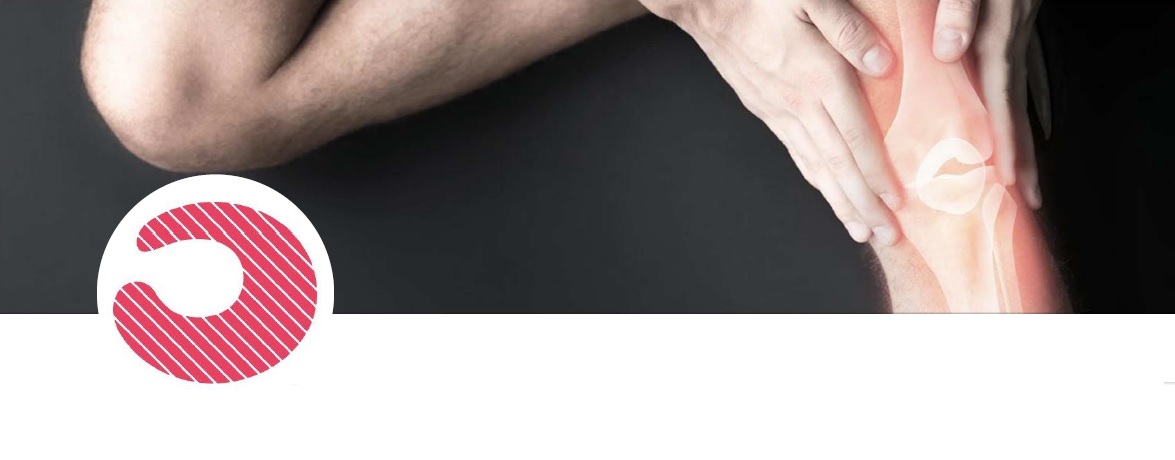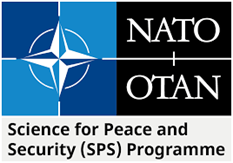Meniscal Functionalised Scaffold To Prevent Knee Osteoarthritis Onset After Meniscectomy
BRIEF DESCRIPTION:
MEFISTO will develop two novel solutions to treat meniscus loss as a strategy for preventing the onset of an epidemic of post-meniscectomy knee osteoarthritis (OA) in Europe. Morphological profiling will identify the population of patients who, after meniscal resection, are at higher risk of early compartment degeneration, providing a personalized approach for the patient. The two different reconstructive strategies are: i) a controlled vascularized bioactive biodegradable meniscal scaffold, which will regenerate the native meniscus. This strategy will address younger patients with early osteoarthritic changes. ii) a bioactive non-biodegradable meniscal prosthesis, which will act as a mechanical unloading device and a drug delivery system, with the capacity to modulate the inflammatory environment. This strategy will address patients with advanced OA. A socio-economic analysis of the efficacy of existing meniscal substitutes will complete the project. This analysis is of vital importance for the European healthcare system, as it will provide a clear understanding of the costs and benefits of current clinical practice and predict the impact of the two new interventions. The technological innovation lies in the development of biologically active functionalized nanobiomaterials that can interact with the surrounding articular tissues. The biodegradable scaffold will promote revascularization in the peripheral zone, while leaving the inner zone avascular, reflecting the native meniscal tissue and functionalization with drug delivery micro/nanoparticles of the non-biodegradable device will provide modulation of inflammation. The impact is expected to be significant as so many patients have undergone or will undergo meniscectomy. The interventions developed in MEFISTO will prevent these patients from receiving joint-sacrificing procedures such as metal prosthesis whilst reducing the social burden, associated costs and high levels of morbidity resulting from OA.
KEYWORDS: Stoccaggio di idrogeno; Materiali ultraporosi
DIPARTIMENTO: DSCTM
AREA PROGETTUALE: Chimica e Tecnologie dei Materiali
ISTITUTO ESECUTORE DEL PROGETTO: IPCB
SEDE IPCB COINVOLTA: SS NAPOLI/PORTICI
ENTE FINANZIATORE: COMUNITA EUROPEA
CALL: H2020-NMBP-TR-IND-2018-2020/H2020-NMBP-TR-IND-2018
GRANT AGREEMENT: NUMBER 814444
DURATA: 01/04/2019-30/11/2023
SCIENTIFIC REFERENT FOR IPCB: Luigi Ambrosio
IPCB TEAM MEMBERS: Alfredo Ronca, Ugo D’Amora, Maria Grazia Raucci, Roberta Marzella, Mariarosaria Bonetti
PARTNER:
Geistlich Biomaterials Vertriebsgesellschaft mbH, DE and Geistlich Pharma AG, CH
Humanitas University, IT
Universitätsklinikum Regensburg, DE
Tissue Click Ltd, UK
Universidad de Santiago de Compostela, ES
Universiteit Antwerpen, BE
Consiglio Nazionale delle Ricerche Napoli, IT
Orthokey Italia Srl, IT
Etablissement Francais du Sang, FR
Active Implants, Haarlem, NL
AiM GmbH – Assessment in Medicine, Research & Consulting, DE
Universitair Medisch Centrum Utrecht, NL
SCIPROM Sàrl, CH
CONTATTI:
Luigi Ambrosio, luigi.ambrosio(-at-)cnr.it





